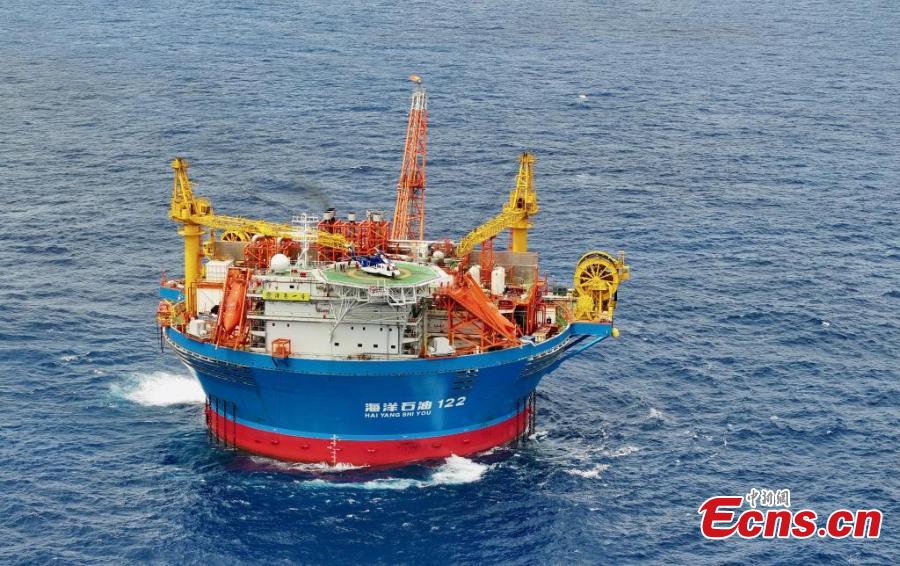
Every type of investing is value investing and growth is a part of the value equation, according to Ravi Dharamshi, founder of ValueQuest Investment Advisors, who challenges the traditional notions of value investing. The chief investment officer said growth and value are not mutually exclusive but rather intertwined. Referencing legendary investors Warren Buffett and Charlie Munger, he said all investing is based on value.
Dharamshi recalled how stocks like Asian Paints Ltd. and Titan Co., though appearing expensive in the aftermath of the 9/11 crisis, turned out to be long-term winners.

"If you had understood the business, the management, and the prospects at that time, you would have realised that these seemingly expensive stocks were actually cheaper," he told NDTV Profit. For Dharamshi, understanding the future prospects and management quality of a company is crucial in determining its value, and in some cases, it can reveal long-term value where others might only see high prices. Dharamshi said Titan can be one of the high-growth companies that might appear expensive but offer long-term value.
"Titan was already established under Tata's management. The management is focused on creating long-term value, so it's okay if traditional metrics like PE suggest it's costly." "But the probability of Titan becoming an even bigger company is higher than its peers, which is why it holds value despite its price," he said.
Dharamshi also pointed out the rarity of "cigar-butt" opportunities, which refers to stocks that are trading below their intrinsic value. This occurrence is rare and happens only during significant market corrections or crises. But in a growth market like India, it is hard to find opportunities that fit into traditional definitions of value, like an attractive trailing 12-month price to earnings ratio, according to Dharamshi.
People often shun forecasting and simply focus on buying companies when their intrinsic value is higher than the current quote, he said. "I'm trying to dispel the myth that if a stock looks expensive on a TTM PE, it does not mean it's actually expensive. There is a fine logic behind it.
" However, in today's markets, you have to look beyond traditional measures like PE. If future cash flows are likely to grow significantly, then that growth translates into value, even if it does not fit the usual PE formats, according to Dharamshi . When addressing sectors like wind energy, which have grown exponentially, Dharamshi emphasised the need for a long-term view—spanning 10 to 20 years.
Disclaimer: The views and opinions expressed by the investment advisers on NDTV Profit are of their own and not of NDTV Profit. NDTV Profit advises users to consult with their own financial or investment adviser before taking any investment decision..














